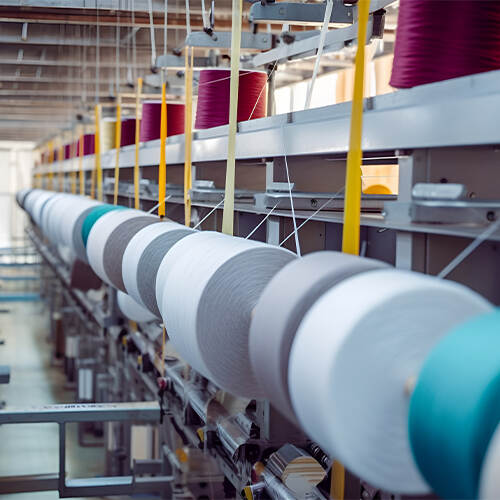Email format error
Email cannot be empty
Email already exists
6-20 characters(letters plus numbers only)
The password is inconsistent
Email format error
Email cannot be empty
Email does not exist
6-20 characters(letters plus numbers only)
The password is inconsistent


Mesh supplies and fabrications play a crucial role in numerous industries, from construction to arts and crafts. The versatile nature of mesh materials allows for a wide range of applications, making them indispensable in modern manufacturing and creative endeavors alike.
Mesh refers to a material with an open structure, typically made from metals like stainless steel, aluminum, or even plastics. Its defining feature is a grid-like pattern formed by weaving or welding wires together. This structure gives mesh its strength and flexibility, making it suitable for various uses.
In construction, mesh supplies are vital for reinforcing concrete. Rebar mesh, for instance, reinforces concrete structures such as floors and walls, enhancing their durability and strength. The mesh grid ensures that the concrete maintains its integrity under stress, preventing cracks and extending the lifespan of the structure.
Beyond construction, mesh finds application in industries requiring filtration and separation. Wire mesh filters are used in air filtration systems, ensuring clean air by trapping dust and pollutants. In industrial processes, mesh screens are employed to separate particles of different sizes, essential for sorting materials efficiently.
The fabrication of mesh involves intricate processes tailored to specific requirements. Custom mesh fabrications, for example, cater to unique project needs, whether designing architectural facades or creating specialized machinery components. Advanced techniques like laser cutting and CNC machining allow for precise customization, ensuring the mesh fits exact specifications.
In recent years, innovations in mesh materials have expanded their utility. Expanded metal mesh, characterized by diamond-shaped openings, offers enhanced strength while remaining lightweight. This makes it ideal for applications requiring both durability and flexibility, such as protective barriers and decorative elements.

Mesh isn't limited to industrial applications; it also inspires creativity in art and design. Wire mesh sculptures, for instance, showcase the artistic potential of mesh materials. Artists mold and shape mesh into intricate forms, creating sculptures that play with light and shadow. The transparency of mesh adds a dynamic element, allowing viewers to see through and around the artwork.
In fashion and textile design, mesh fabrics are favored for their breathable properties and aesthetic appeal. Mesh insets in clothing provide ventilation during physical activity while adding a modern, sporty look. Fashion designers also incorporate mesh into accessories like bags and shoes, leveraging its durability and unique texture.
As industries increasingly prioritize sustainability, mesh materials offer eco-friendly solutions. Recycled metal mesh, made from reclaimed materials, reduces waste and conserves natural resources. Its durability ensures longevity, minimizing the need for frequent replacements and lowering overall environmental impact.
Moreover, mesh supports green initiatives through energy efficiency. Solar panel mesh, for instance, optimizes airflow around solar arrays, improving their performance and efficiency. By reducing energy consumption and enhancing renewable energy production, mesh contributes to a more sustainable future.
Despite its versatility, mesh fabrication faces challenges, such as maintaining quality standards and adapting to technological advancements. Quality control throughout the manufacturing process ensures that mesh meets safety and performance requirements, crucial in industries where reliability is paramount.
Looking ahead, the future of mesh supplies and fabrications holds promising developments. Advancements in materials science may lead to smart mesh technologies, integrating sensors for real-time monitoring and data collection. These innovations could revolutionize industries such as healthcare and agriculture, enhancing productivity and efficiency.
In conclusion, mesh supplies and fabrications represent a cornerstone of modern industry, combining functionality with creativity. From construction to art, mesh materials offer diverse applications, driven by continuous innovation and adaptation. As technology evolves and sustainability gains prominence, mesh will continue to play a pivotal role in shaping our world, offering solutions that are both practical and sustainable.
Whether reinforcing concrete structures or inspiring artistic expression, mesh proves its versatility and indispensability in myriad ways. Embracing these qualities ensures that mesh remains at the forefront of innovation, meeting the challenges and opportunities of tomorrow's global landscape.